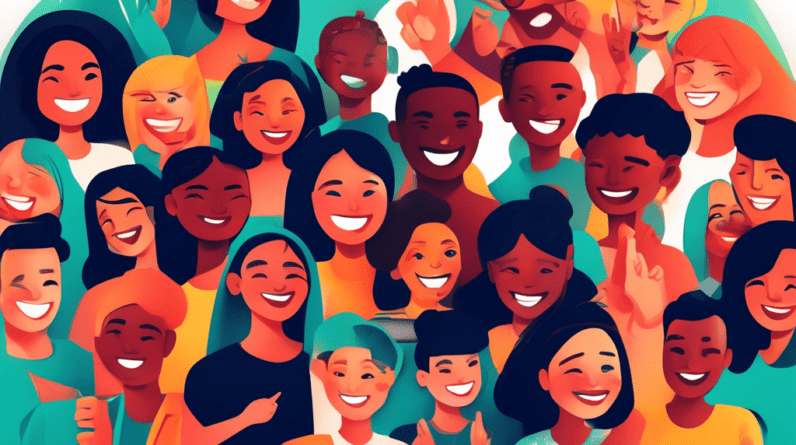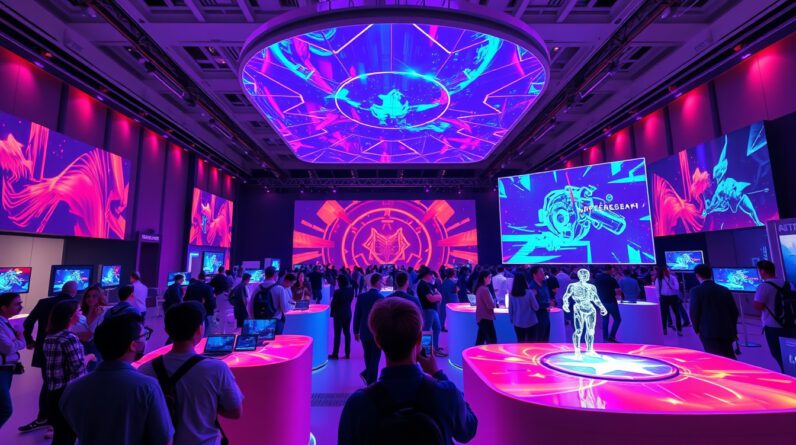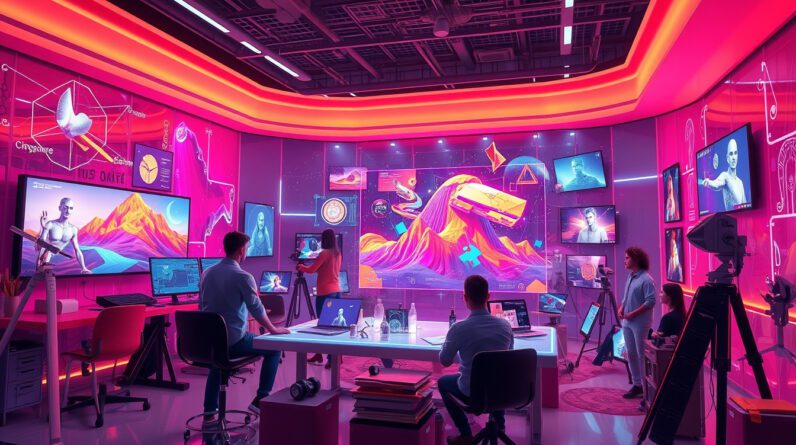
Revolutionizing Digital Identity or Raising Privacy Concerns?
The digital world is abuzz with news of WhatsApp’s latest venture into the realm of artificial intelligence. The popular messaging platform, owned by Meta, is reportedly developing a feature that will allow users to generate AI-powered selfies. This move, powered by Meta’s advanced AI technology, has the potential to redefine how we perceive and project our digital identities on WhatsApp and beyond.
How will AI-Generated Selfies Work on WhatsApp?
While concrete details are still under wraps, insider sources suggest that the feature will leverage the power of generative AI, similar to the technology behind image creation tools like DALL-E and Midjourney. Users will likely be able to provide the AI with prompts or descriptions, and the algorithm will generate unique and personalized selfie-style images. These images, instead of being actual photographs, will be artistic interpretations based on the user’s input.
Exploring the Potential Benefits:
The introduction of AI-generated selfies on WhatsApp opens up a Pandora’s Box of exciting possibilities:
1. Enhanced Privacy and Control:
In an era of heightened privacy concerns, this feature could be a game-changer. Users hesitant to share real photos can now maintain a degree of anonymity by using AI-generated avatars. This allows for greater control over their online image and minimizes the risks associated with sharing personal photos.
2. Creative Expression and Personalization:
AI-generated selfies empower users to explore different facets of their personality and style. From whimsical cartoon versions to artistic renditions, the possibilities for creative expression are endless. This level of personalization could revolutionize how we represent ourselves in the digital space.
3. Inclusivity and Accessibility:
For individuals who may be self-conscious about their appearance or face challenges with traditional photography, AI-generated selfies provide a unique solution. They can create avatars that make them feel confident and comfortable, fostering a more inclusive online environment.
Navigating the Challenges and Concerns:
While the potential benefits are enticing, it’s crucial to acknowledge the challenges and ethical considerations associated with AI-generated selfies:
1. Authenticity and Misrepresentation:
The rise of hyper-realistic AI-generated content has already blurred the lines between reality and fabrication. Concerns arise about the potential for misuse, such as creating fake profiles or impersonating others. It’s essential for WhatsApp to implement robust verification systems and educate users about responsible usage.
2. Data Privacy and Security:
As with any AI-powered feature, data privacy is paramount. Users need assurance that the information they provide to generate these selfies is handled securely and ethically. Transparency regarding data usage and storage policies will be crucial to building trust.
3. Bias and Discrimination:
AI algorithms are only as good as the data they are trained on. There’s a risk that biases present in training data could be reflected in the generated selfies, potentially perpetuating harmful stereotypes. WhatsApp must ensure that the AI models are trained on diverse datasets to mitigate bias and promote inclusivity.
The Future of AI-Generated Identities:
WhatsApp’s foray into AI-generated selfies is a glimpse into the future of digital identity. As AI technology advances, we can expect to see even more sophisticated and personalized avatars that go beyond static images. Imagine AI-generated videos or even interactive 3D models that capture our unique expressions and mannerisms.
A Catalyst for Change:
This move by WhatsApp is likely to set a precedent in the tech industry, encouraging other social media platforms to explore the potential of AI-generated avatars. The implications extend beyond mere aesthetics, touching upon fundamental aspects of online identity, privacy, and self-expression.
The Need for Responsible Innovation:
As we stand on the cusp of this exciting yet uncharted territory, it’s imperative for developers, policymakers, and users alike to engage in a thoughtful dialogue. Striking a balance between innovation and responsibility will be key to harnessing the transformative power of AI while safeguarding user privacy and promoting ethical considerations. Only then can we unlock the true potential of AI-generated identities in shaping a more inclusive and empowering digital future.




